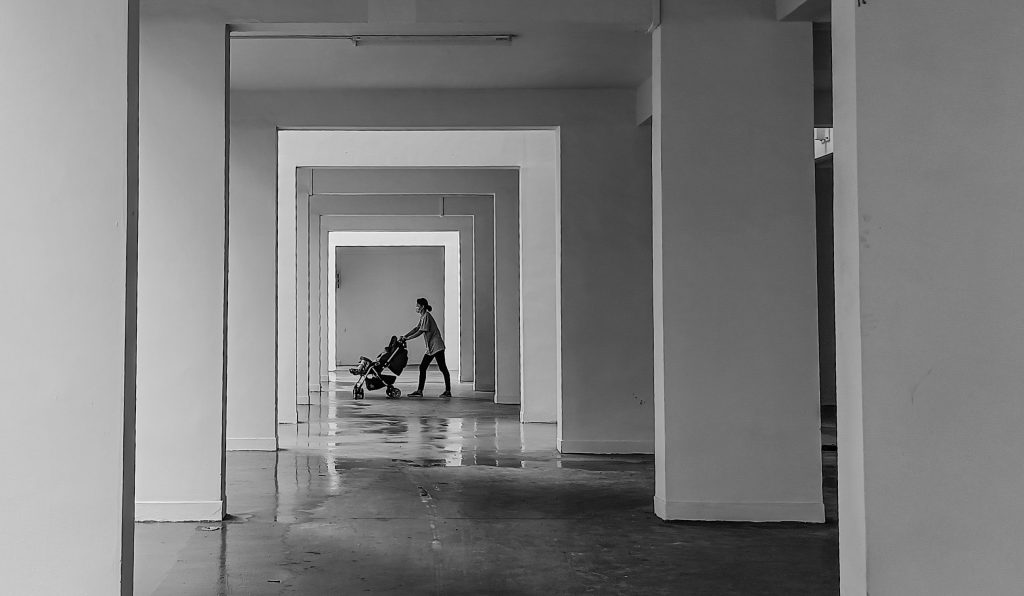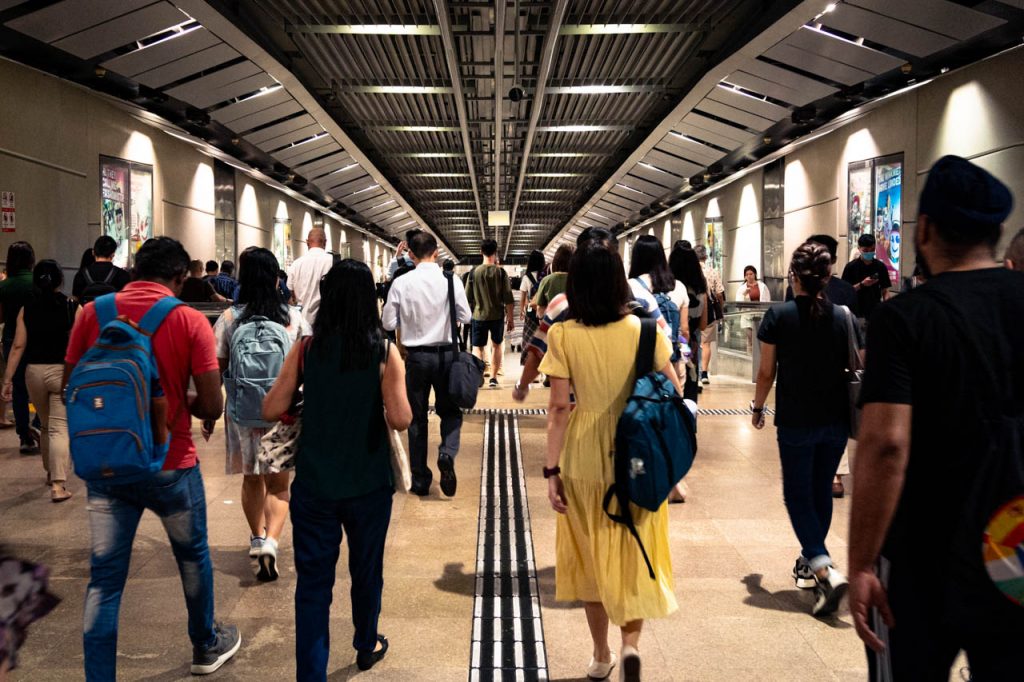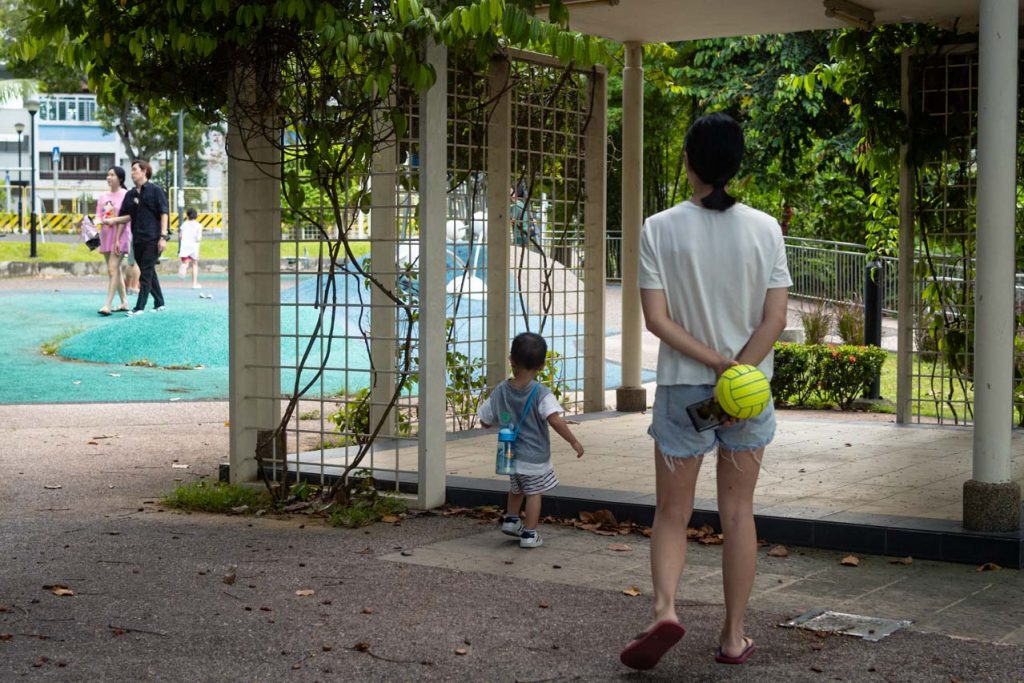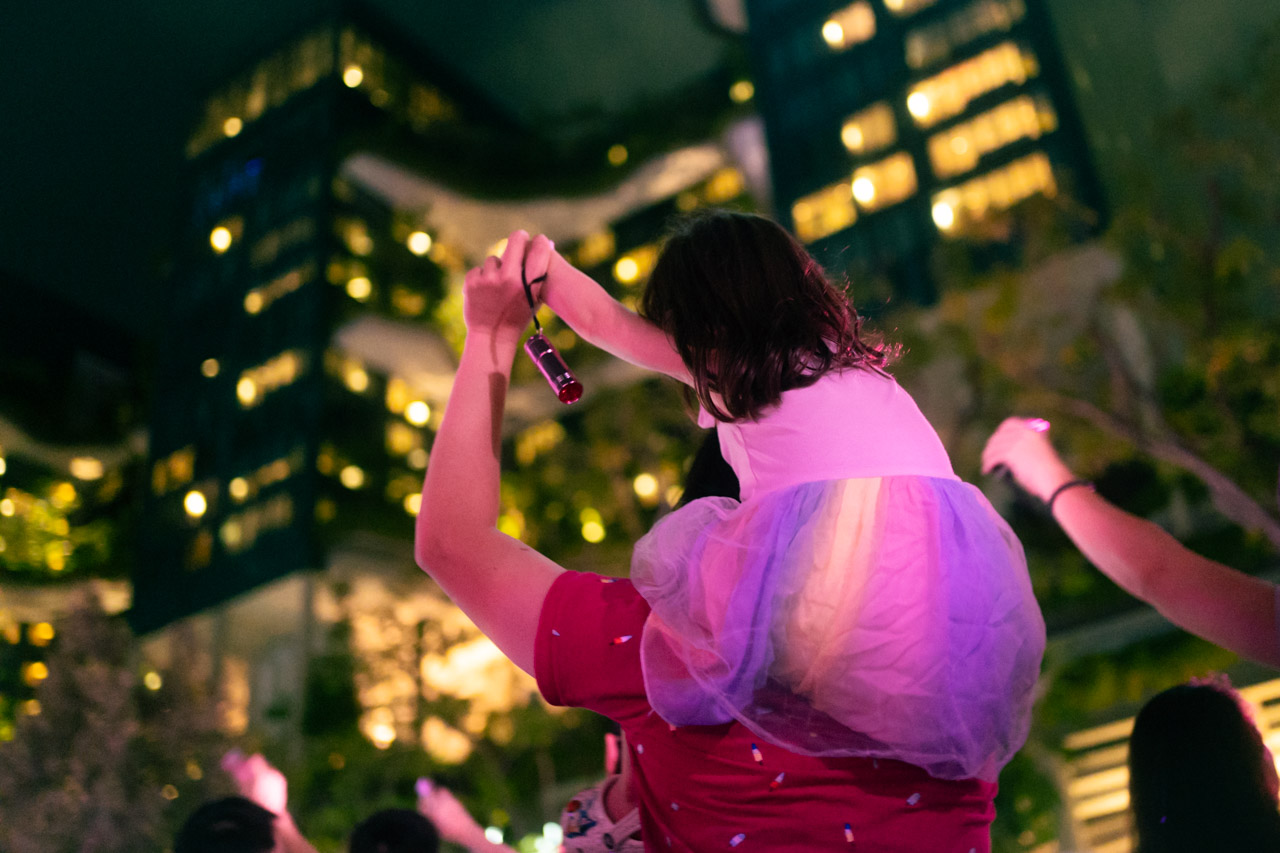Top image: Stephanie Lee / RICE File Photo
Last year’s National Day Rally (NDR) was all about reassurance. This year, with PM Lawrence Wong delivering his first NDR speech on August 18th, the tone shifted towards something more impactful—a “policy reset” that could redefine Singapore’s work-life balance.
As is tradition, the speech was packed with announcements and sweeteners. The headline-grabber? An additional 10 weeks of shared parental leave.
Mums already have 16 weeks of maternity leave. Dads currently have two weeks’ paternity leave, with an additional two weeks subject to their employer’s approval. When the new policies kick in, employers will have to offer dads the full four weeks. On top of this, the additional 10 weeks parental leave can be shared between both parents, offering greater flexibility in managing family responsibilities.
PM Wong emphasised that these enhanced parental leave entitlements are designed to let parents spend more quality time with their infants. “I hope this move will go some way in reassuring young couples—we are building a Singapore made for families; and we will help you keep a good balance between your working and parenting responsibilities.”
Yet, as generous as these policies seem, one has to wonder: Will they truly change the landscape for aspiring parents, or will they simply add to the workload of the singletons left holding the fort at the office?
Yay, More Leave
Naturally, parents have welcomed the measures. Who wouldn’t want more paid time off?
The fact that this extra parental leave can be split between parents as they see fit also levels the playing field for men and women in the workplace, say experts. Employers shouldn’t assume that men will be more present at work than women. After all, if a man takes full advantage of the additional 10 weeks’ parental leave, he could be away from work for a grand total of 14 weeks.

Policies like these could also pave the way for dads to take on more household and childcare responsibilities. After all, even though dual-income households are now the norm, gender roles are still prevalent. Women still take on more cleaning, cooking, and childcaring duties, a 2021 Ipsos survey found.
Predictably, the response from businesses and employer associations has been tepid.
The same people who think employees take “excessive” MCs are concerned about increased parental leave. Who would have thought?
Singapore National Employers Federation (SNEF), Singapore Business Federation (SBF) and the Association of Small & Medium Enterprises (ASME) spoke to CNA about their worries, which include operational challenges and increased costs.
Mind you, the government is footing the bill for the paid parental leave. So the additional costs would only arise if a temp employee’s stint stretches beyond the parental leave period.
To be fair, running a business and managing manpower is not easy, especially with rising manpower costs. The parental leave changes will be particularly hard on small- and medium-sized enterprises (SMEs) with a “lean set-up”, Singapore National Employers Federation (SNEF) told CNA.
And if new parents are out of the office for months, employers face two options: scramble to find and train a contract worker in a short time, or pile extra work onto the remaining staff. Either way, it’s a lose-lose situation for the employer.

On Trust and Integrity
Singapore Business Federation’s Mark Lee had a hot (and unpopular) take on the whole issue.
The Nominated Member of Parliament asserted that workers should “use these leave benefits with integrity, ensuring that the time away from work is genuinely used for parental duties”, which is a pretty wild thing to say. What else would new parents be doing besides taking care of their newborn child?
“This builds trust between employers and employees, which is essential for the successful implementation of these policies,” he added.
“Also, employees must understand that other colleagues are working together for the workload distribution. As such, employees on leave should also try to be flexible even when they are on leave and be there for their colleagues during emergencies.”
Over on Instagram, Lee was lampooned, and rightly so. Suggesting that employees should “be flexible” instead of putting the onus on the company to address its resource crunch didn’t go over well.
“Never ever sacrifice for any company. The only one that will remember you working so many hours 20 to 40 years from now is your children [sic]. Not your damn company or your bosses. And don’t work for Mark Lee,” wrote one Instagram user.
“Welcome to Singapore, where they make you feel bad for your own entitlements,” said another.

Now, Lee is only one man. But perhaps it provoked such a vehement response because too many of us recognise our own bosses in his controversial assertion—the ones that say the company is a family. The ones that text you on weekends or the middle of the night. The ones that think having a job is a privilege.
The reality is that most of us already work long hours. And unlike countries like France, texts or emails from bosses outside of working hours are par for the course. You’re telling an already overwhelmed and tired workforce that they should be okay with returning to work while they’re on leave.
It’s no wonder they’re triggered.
In theory, what an employee does while on leave is none of their employer’s business. In practice, employees already worry that too much time off could affect their performance reviews and their standing in the workplace. Lee’s comments just showed that there are still many bosses out there viewing leave requests in bad faith.
Bosses Need To Buy In
The new parental leave changes are obviously aimed at building a more family-friendly work environment—and hopefully incentivising Singaporeans to tackle the declining birth rate.
But will they even have the intended effect? I’m not sure if more off days will solve the problem.
Beyond cost concerns, young couples these days are also plagued with pessimism about the state of the world, as well as worries about kids affecting their careers and lifestyles.

Having more family-friendly workplaces will definitely help. But that can’t be achieved with policy alone. For the policies to translate, bosses need to get on board. Complying with the law is one thing; embracing the spirit of the changes is another.
This means fostering a work environment where taking leave, MCs, or short sabbaticals is guilt-free and doesn’t unfairly burden other employees.
After all, the burden of parenthood extends far beyond the newborn period. When all the leave days are used up, are workplaces going to continue being supportive as employees juggle KPIs and raising kids?
Sure, the short-term challenges are very real, especially for small companies. But there can be long-term benefits. It’s not a stretch to imagine that companies that offer more support to working parents would have happier employees and increased employee retention.
At this point, trusting employees isn’t just a moral obligation. It’s a strategic advantage.






